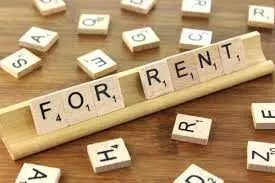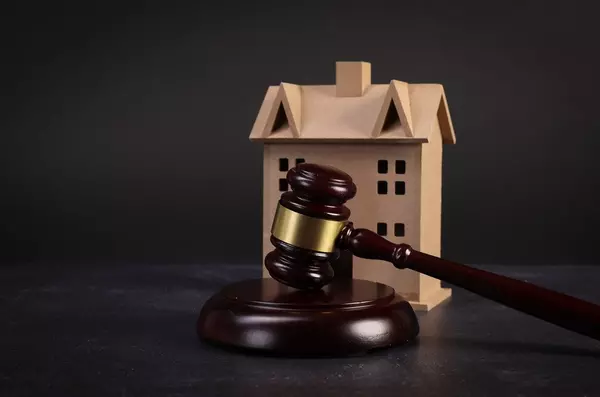
Database Strategy Session | Real Masterclass Series
Click here to register for our Monday Masterclass Series

Team Building Strategy Session - Real Estate Masterclass Series
Click here to register for our Monday Masterclass Series

Open House Masterclass Replay
Part 1 - Real Estate MasterclassOpen House Mastery with Jon Pugh Part 2 - Real Estate MasterclassOpen House Mastery with Kirby Chan

Vacant Home Tax
Vacancy tax or Vacant Home Tax is a policy that encourages homeowners to not leave their residential properties unoccupied. This policy is applicable to any property that has been vacant for over 6 months. Vacant properties that are not subject to the Vacant Home Tax are the following: Principal r
Categories
Recent Posts

VIP Loyalty Card & Farming Strategy Session

Client Appreciation Events Strategy Session

Facebook Ads Strategy Session | Real Masterclass Series

Building Your Agent Referral Network Session | Real Masterclass Series

Database Strategy Session | Real Masterclass Series

Team Building Strategy Session - Real Estate Masterclass Series

Open House Masterclass Replay

Vacant Home Tax

Homes Under Power Of Sale

Building Your Credit Score
